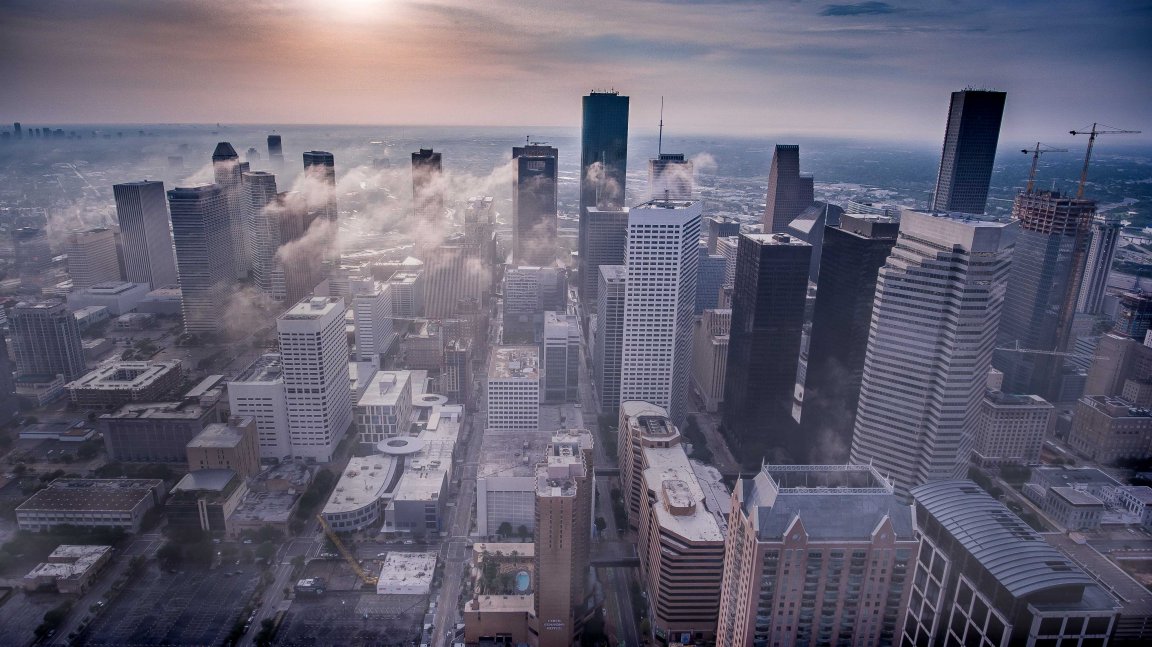
The Trump administration seems to be striving to undo every regulation put in place by the Obama administration. That’s especially true for environmental regulations —earlier this year, the Trump administration released a plan to roll back rules limiting auto emissions.
But states won’t stand for that.
Eighteen of them are suing the EPA on the grounds that the agency acted “arbitrarily and capriciously” in deciding to change auto emissions regulations.
The Obama-era agreement, passed in 2011, requires that all cars have an efficiency of about 50 miles per gallon by 2025. States are free to pass even stricter regulations, which California has done.
The EPA, under Trump, claims those requirements are “based on outdated information” and “may be too stringent” based on current data. Instead, the National Highway and Safety Administration has drafted a plan that would freeze fuel-efficiency standards between 2021 until at least 2026 (instead of updating them every year). And that plan could prevent states from setting their own efficiency rules.

The states’ lawsuit holds that the EPA’s move is unlawful, both because it run contrary to the EPA’s own thoroughly-vetted regulations, and because it violates the Clean Air Act.
“The states joining today’s lawsuit represent 140 million people who simply want cleaner and more efficient cars,” California governor Edmund G. Brown said in a statement. “This phalanx of states will defend the nation’s clean car standards to boost gas mileage and curb toxic air pollution.”
In the United States, the fight to protect the environment has officially gone local. As the Trump administration has begun dismantling national commitments to various environmental policies, state and municipal governments have stepped up to renew their own.
Among those who have recommitted to the environment: thirteen states (plus Puerto Rico) that have formed an alliance to uphold the global Paris climate agreement (despite the fact that the president has removed the United States from that agreement). Other states have levied lawsuits against the Trump administration for opening public lands to drilling, for delaying the implementation of ozone pollution rules, and to force efficiency standards for household appliances; several Native American tribes have done the same in response to the administration’s shrinking of national monuments. According to the Pew Charitable Trust “Stateline” project, state attorneys general filed 36 lawsuits against the White House last year alone.
The federal government may be the most powerful entity in the land, but these efforts have more weight than you might expect. The states sticking to the Paris Accord, for example, represent one third of the U.S. population. The states suing the EPA represent over 40 percent of the nation’s car market (many states are participating in both).
These lawsuits are a powerful statement, but their effectiveness is a bit more hit-or-miss.
“Sometimes those lawsuits work, sometimes they don’t,” Holly Yeager, editor of the “Stateline” project, told the Public News Service. “One thing they definitely do is they slow things down and make it more difficult for the Trump administration to do what it wants to do on some of these issues.”
Delay might be exactly what these states are getting at. Even before the lawsuit, United States wouldn’t be able to formally exit the Paris Agreement until 2020; likewise, Trump’s auto emissions plans aren’t slated take effect until 2021. Lawsuits like this one might be able to delay these changes even longer, perhaps long enough so that a new, more sympathetic administration, is in office.